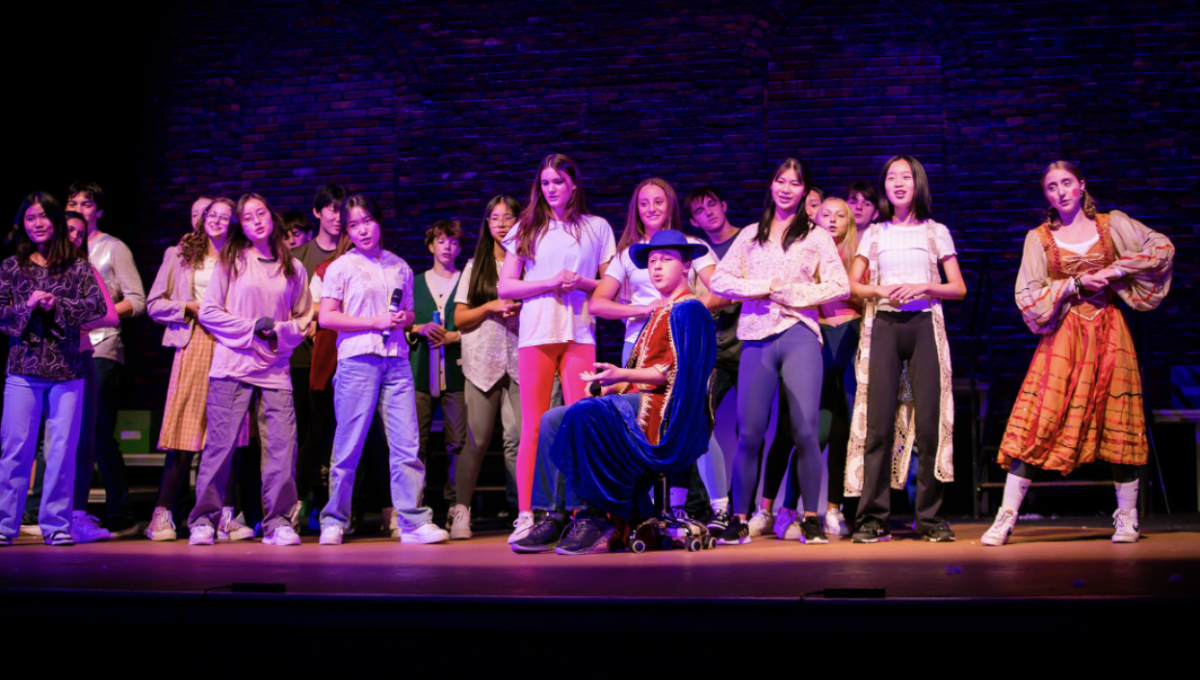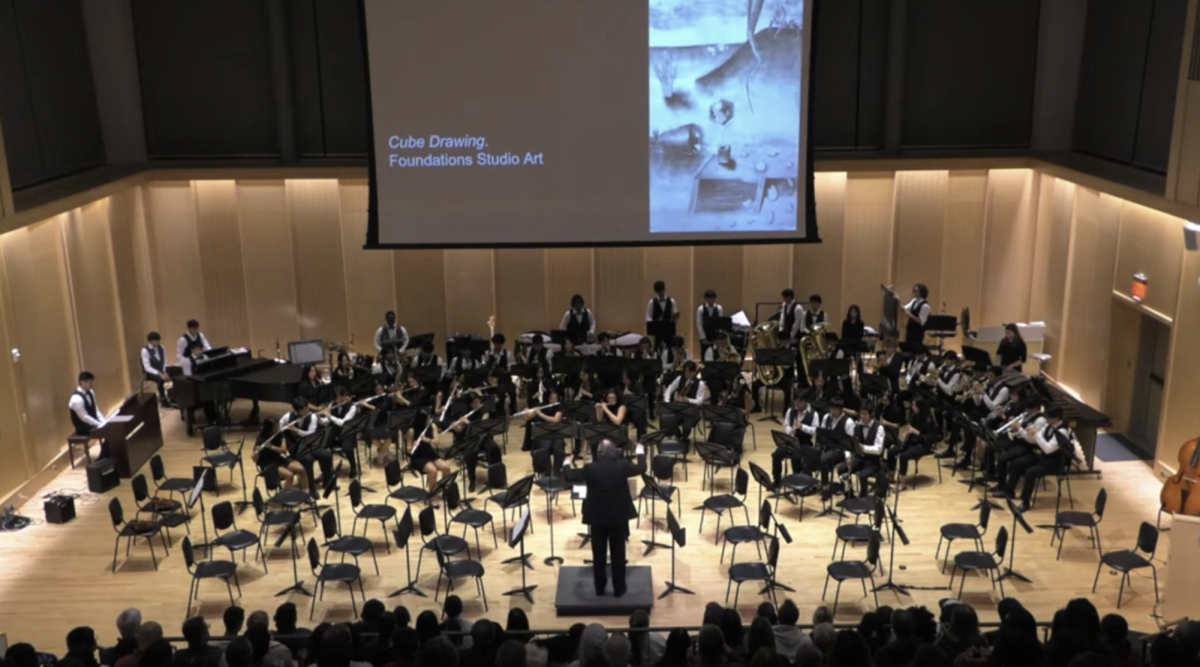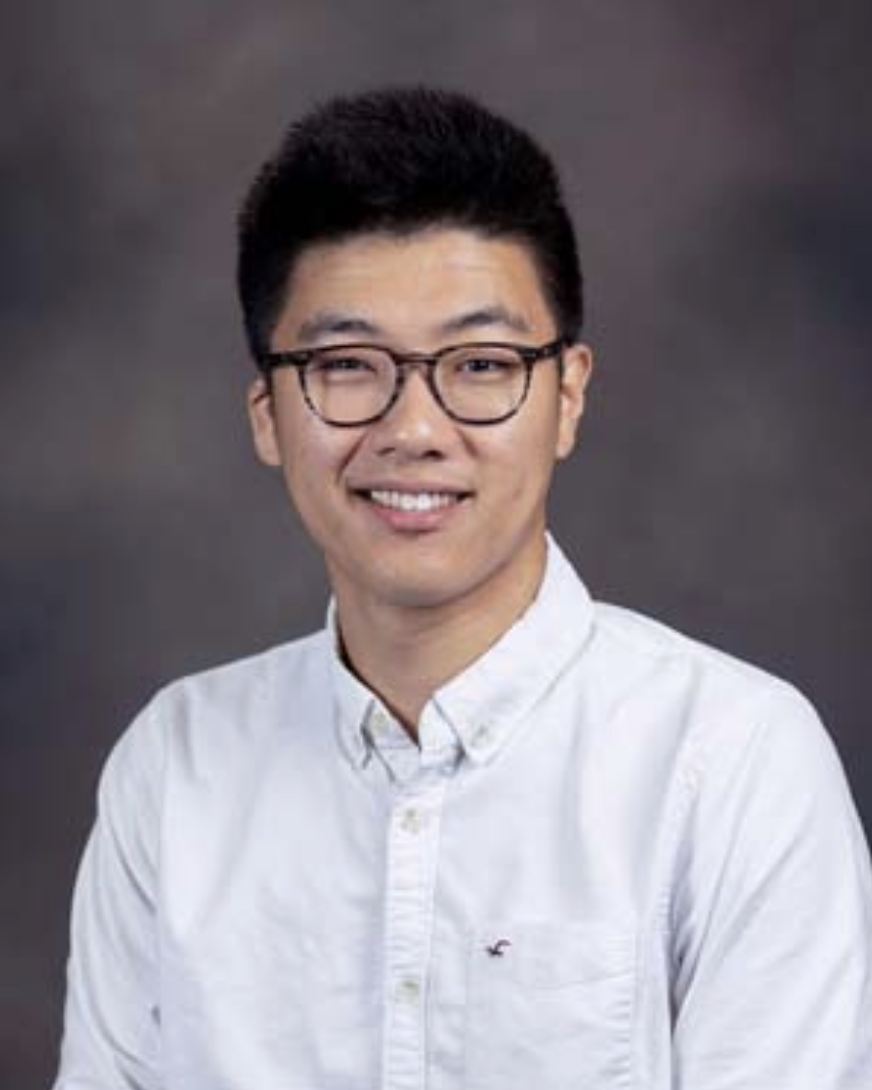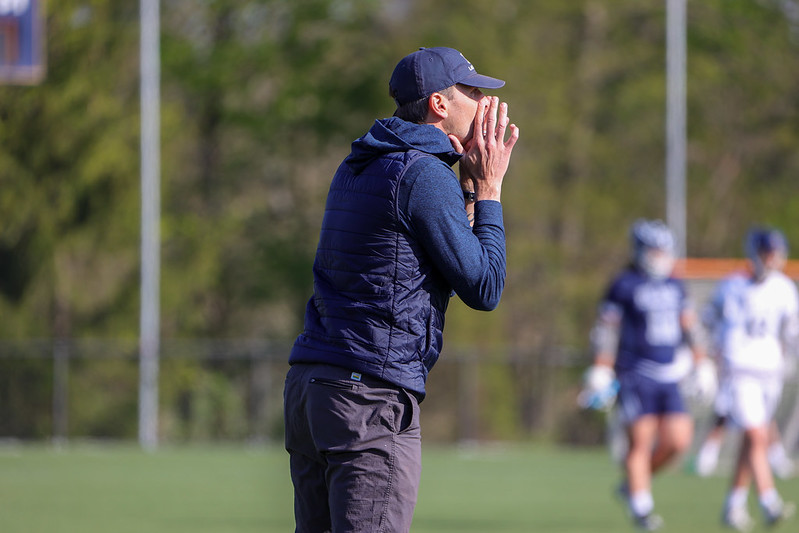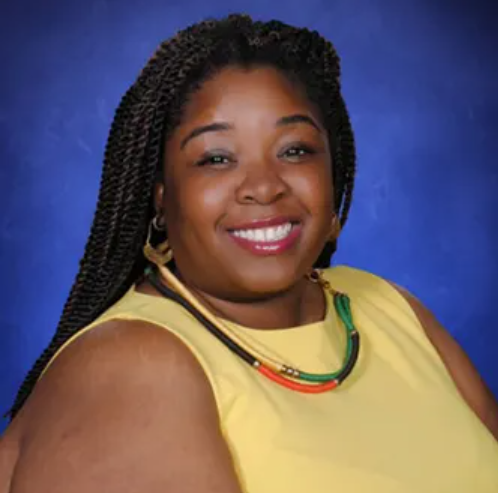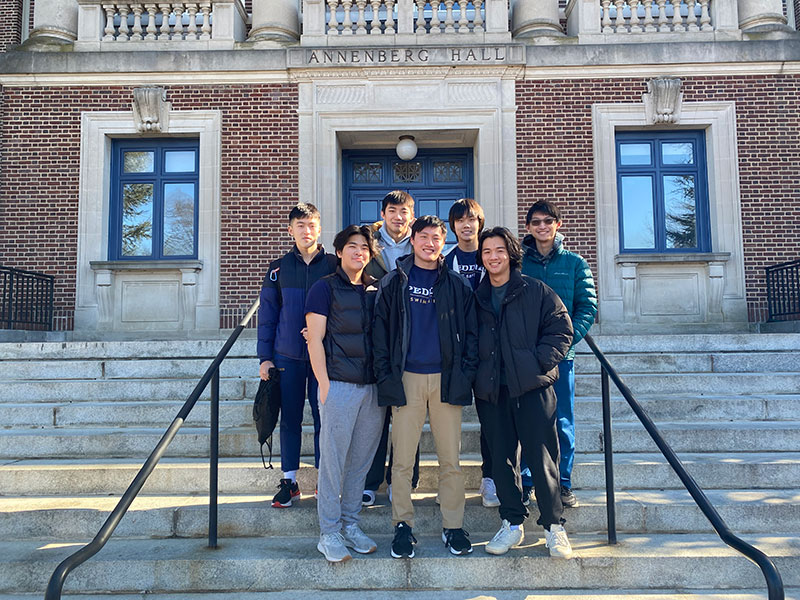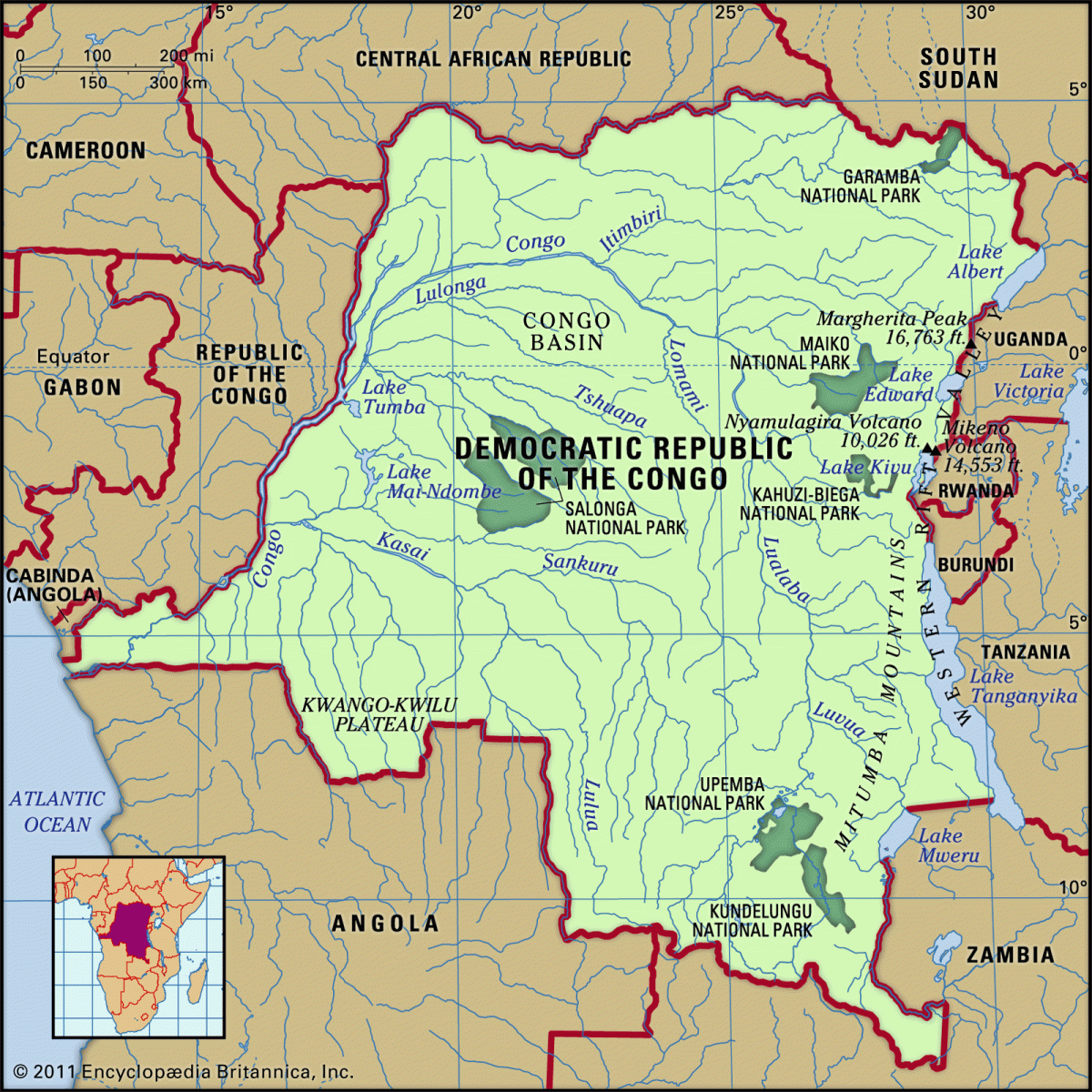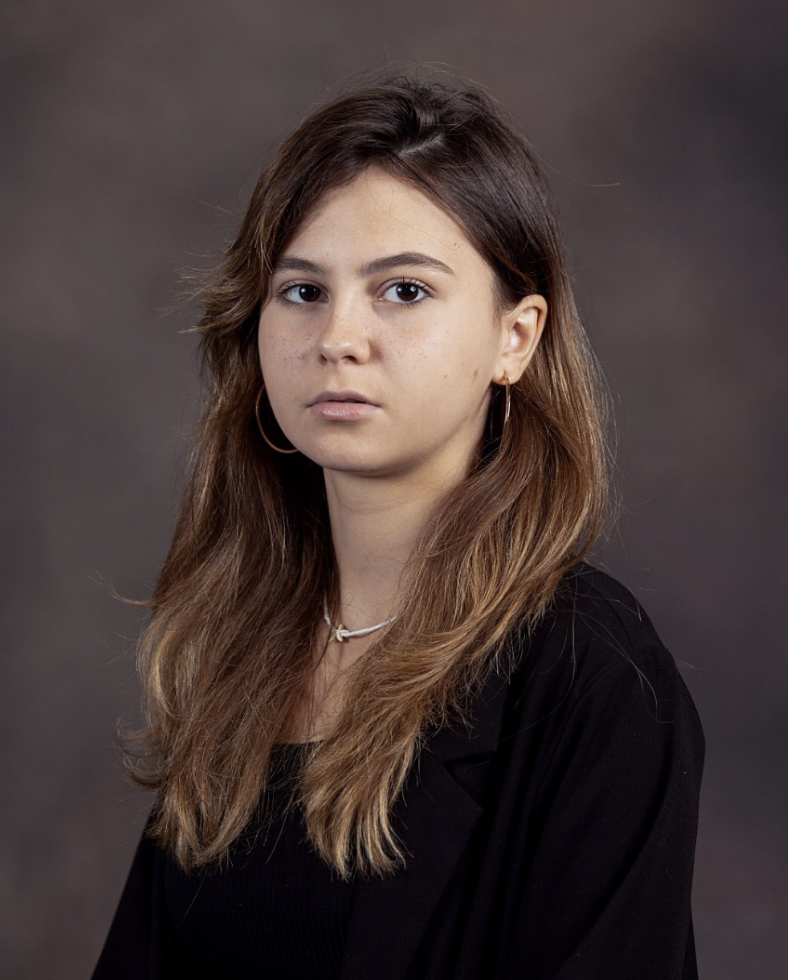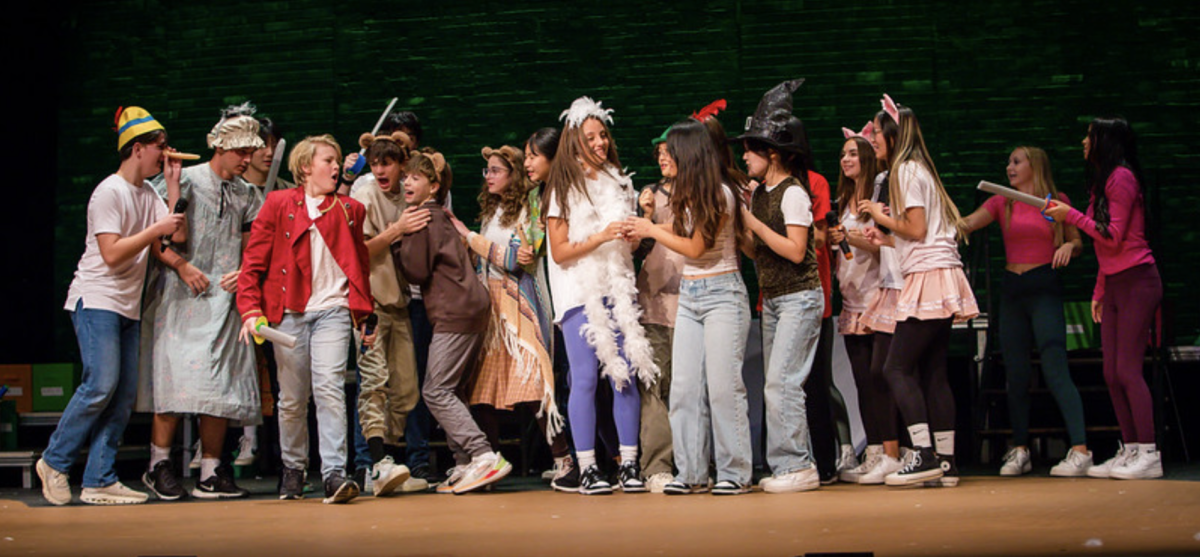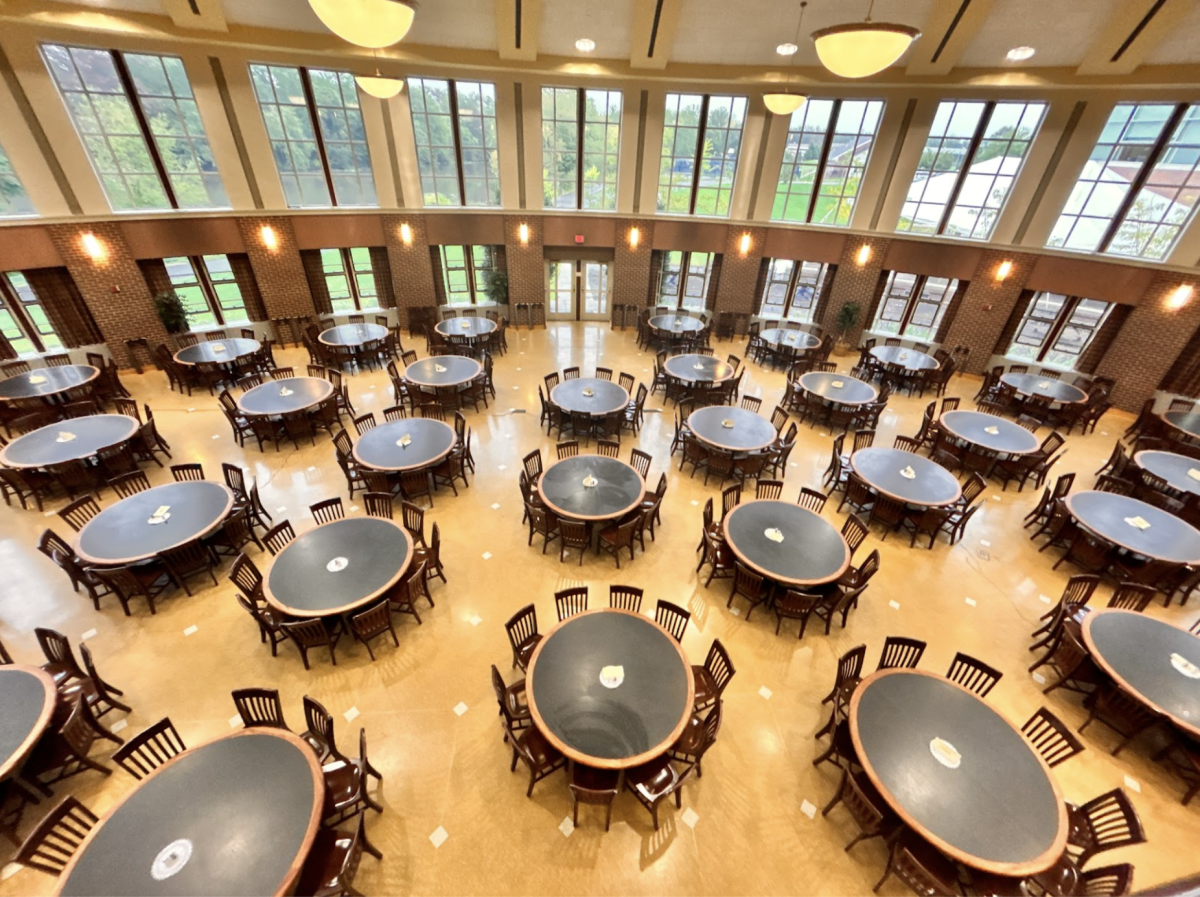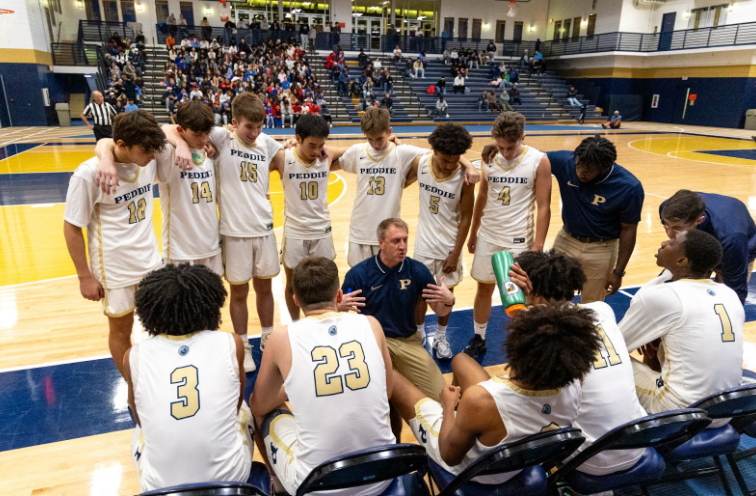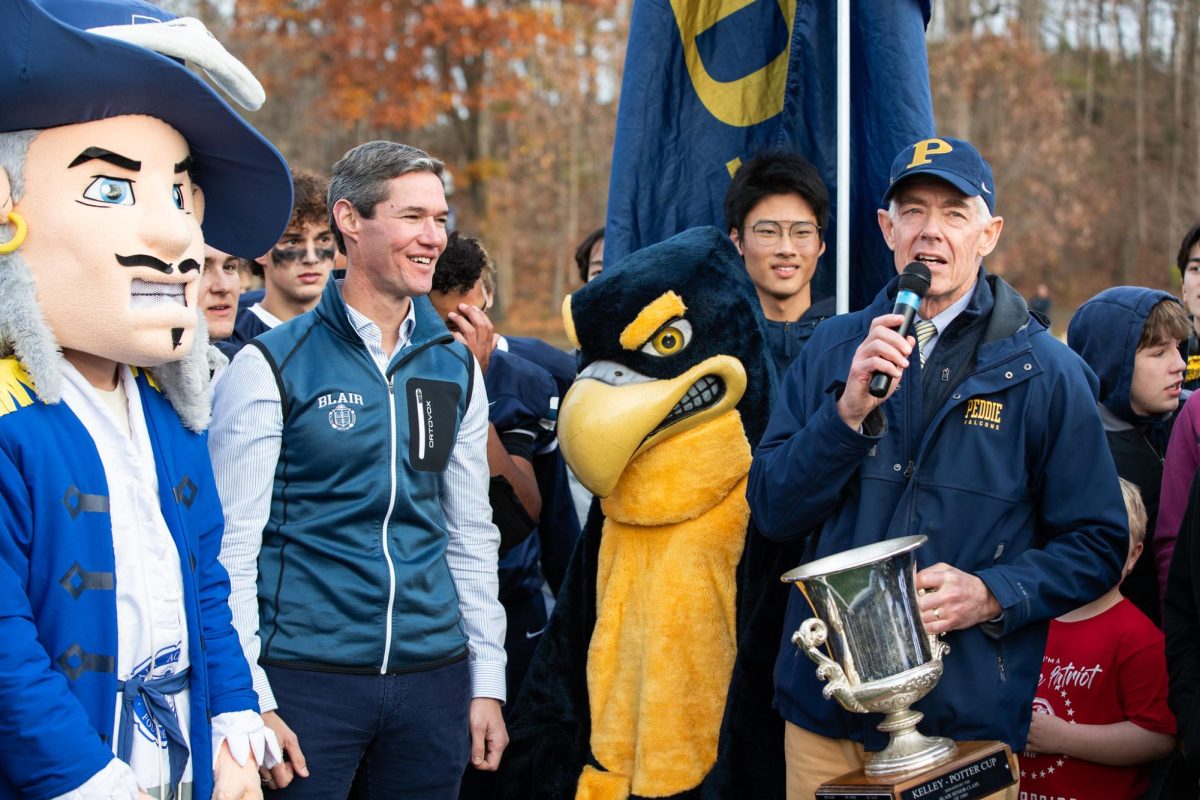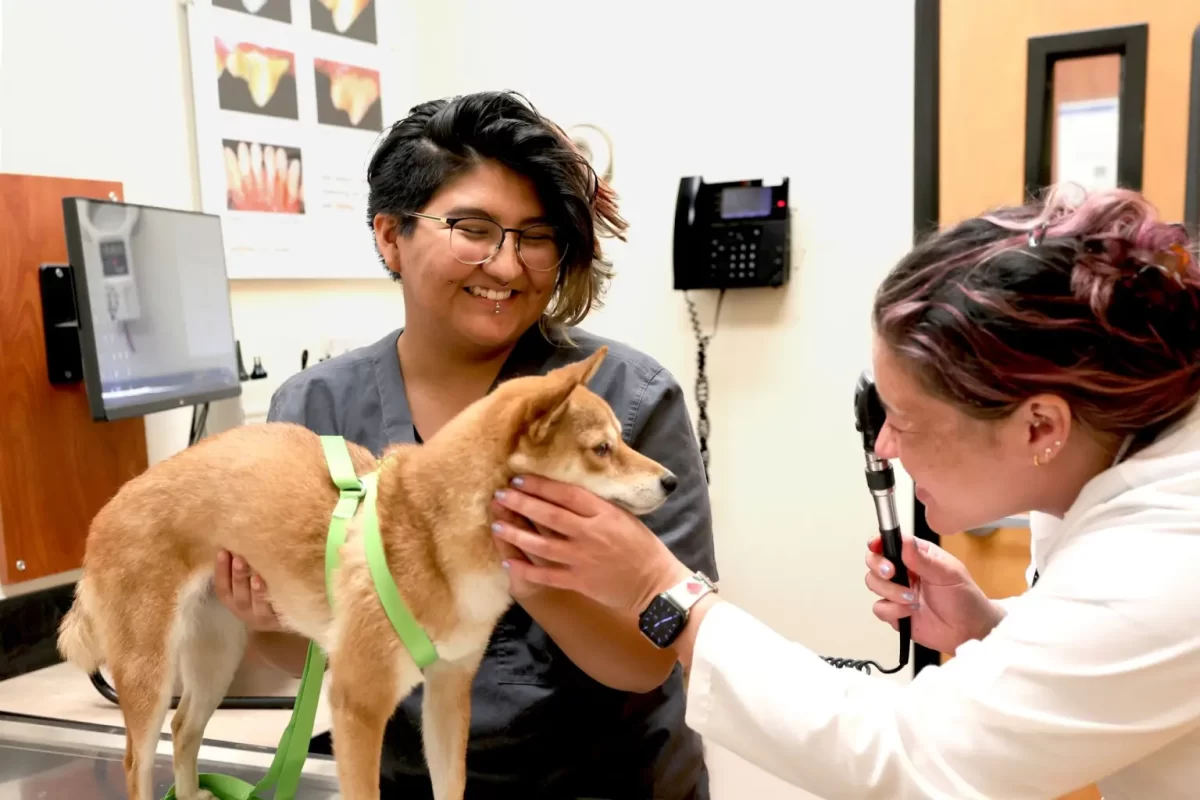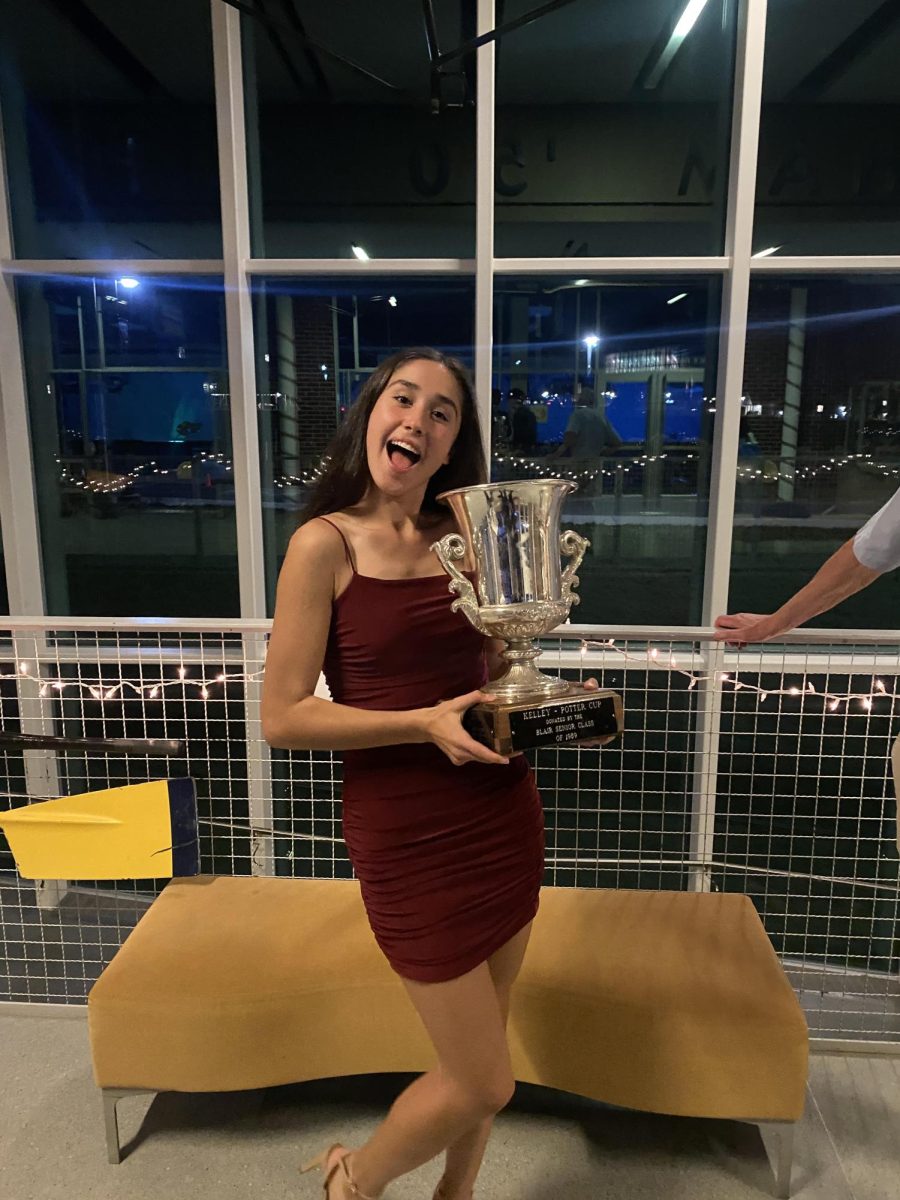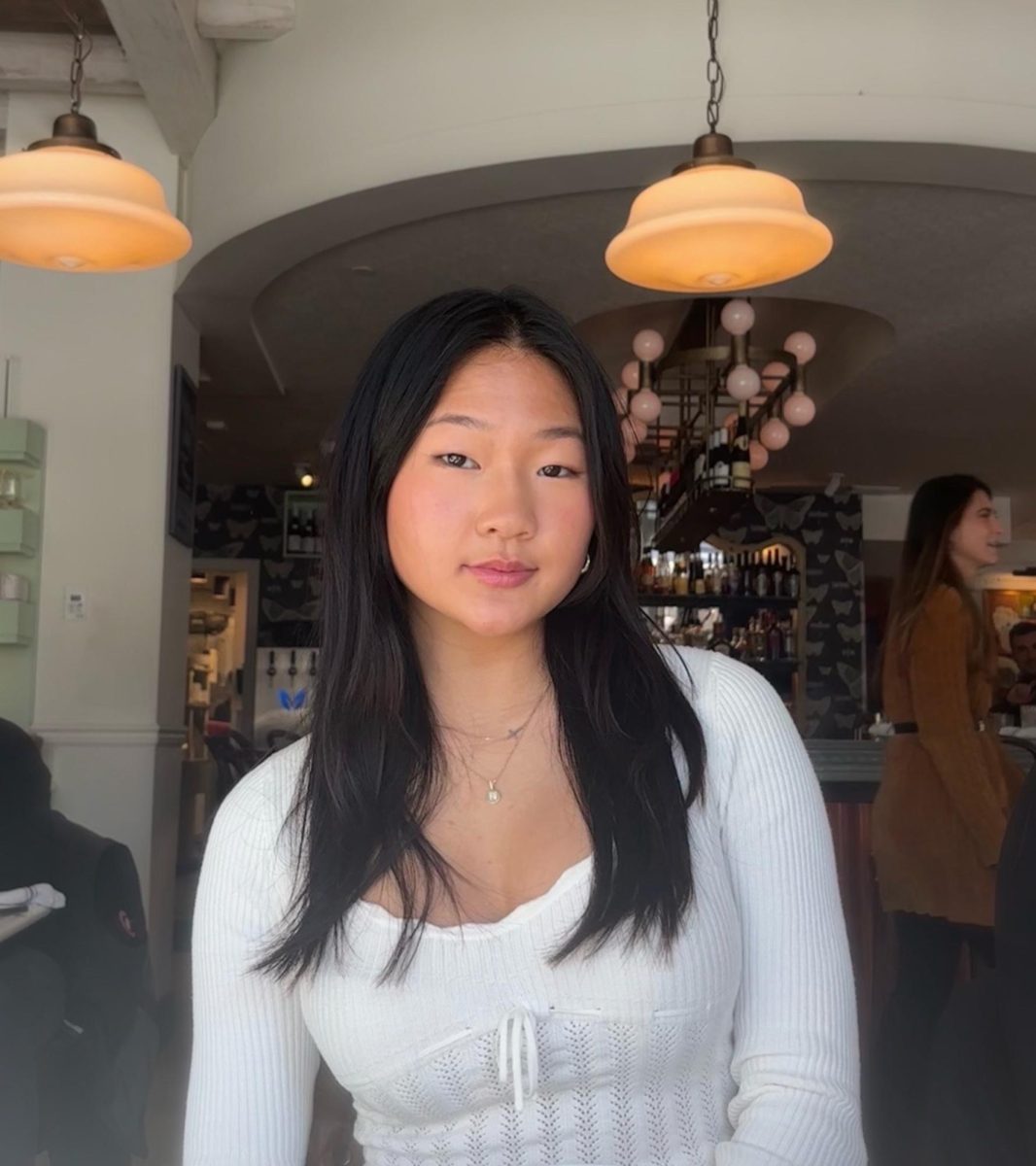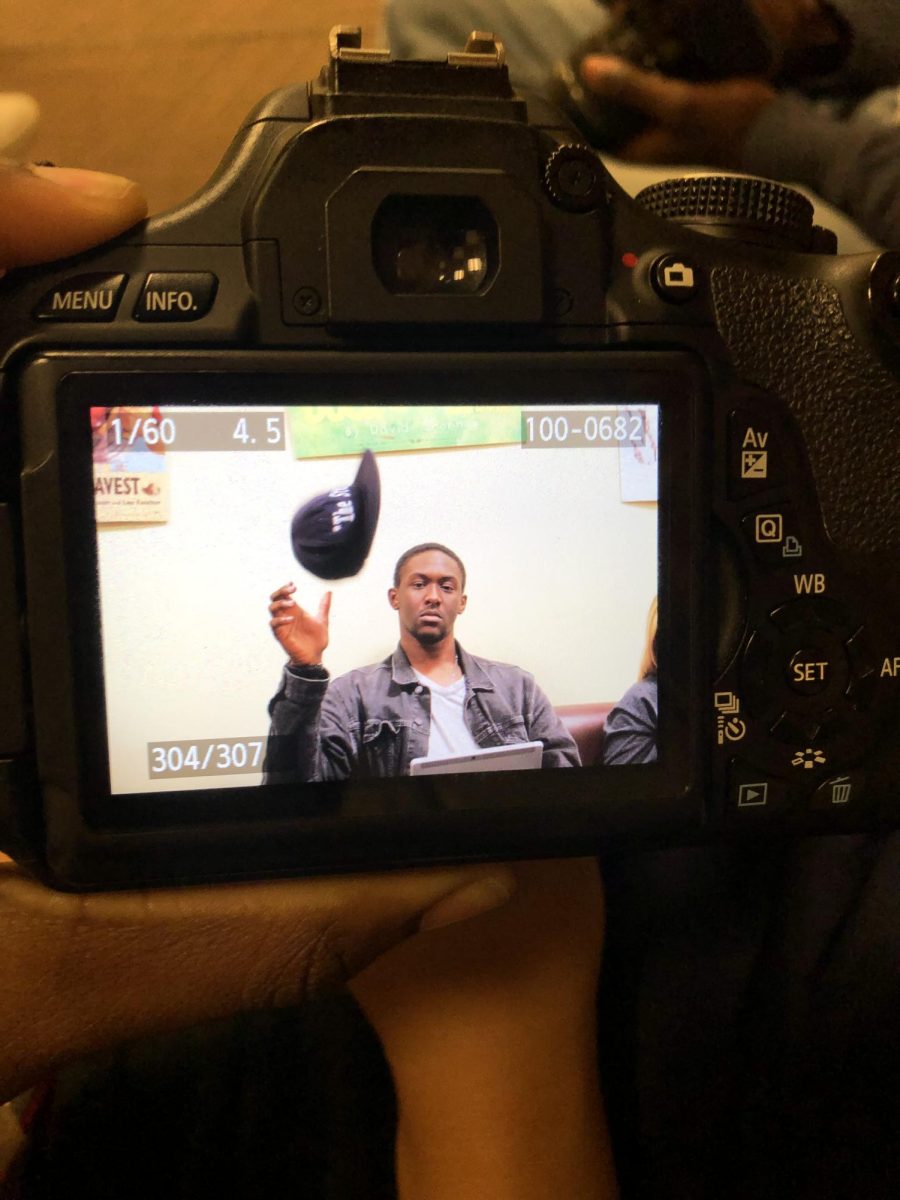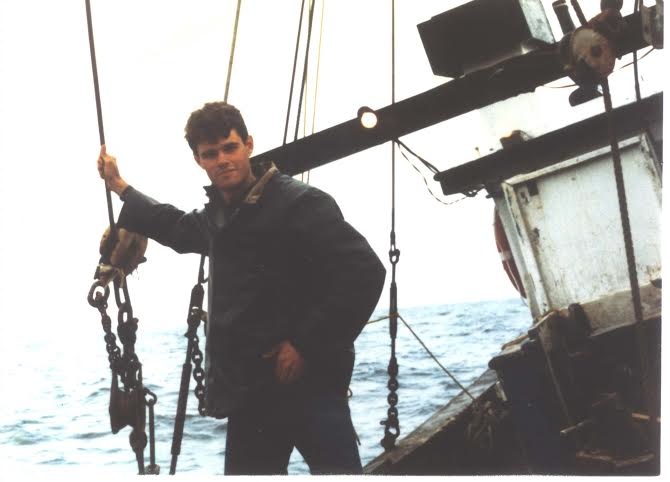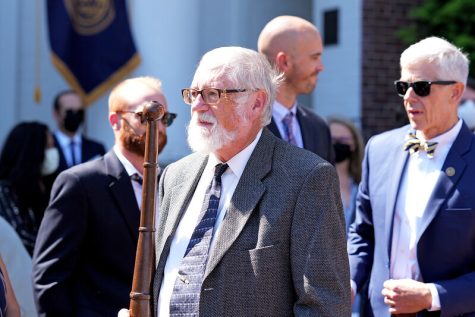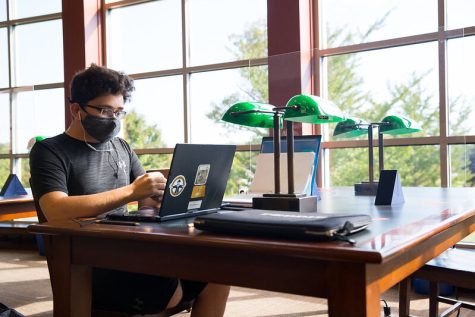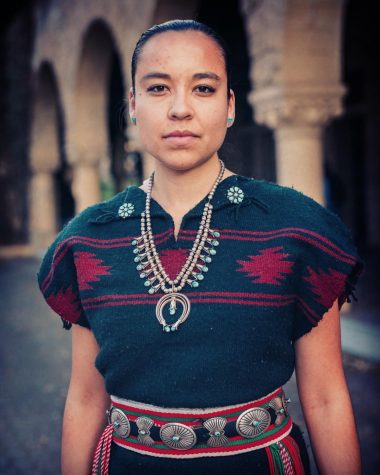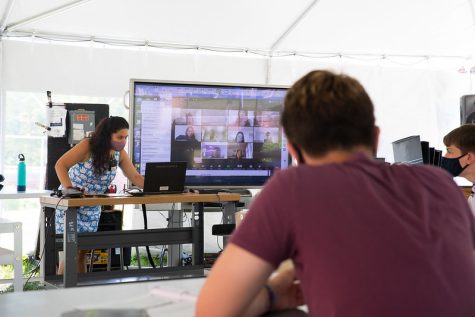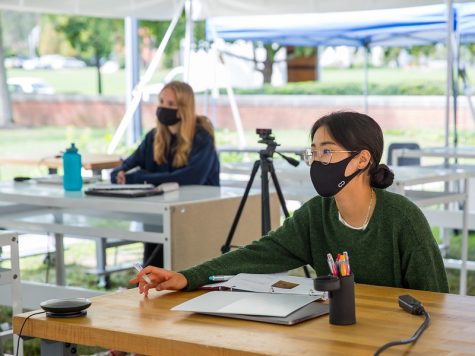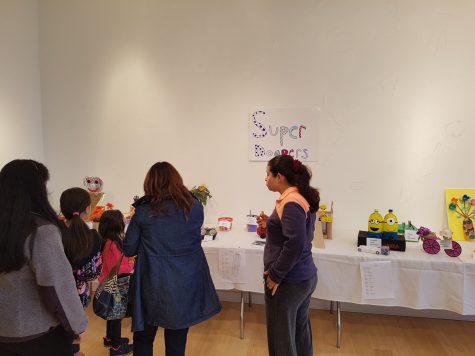Writer-in-Residence Paul Watkins Gives His 26th Annual Reading
History teacher and writer Paul Watkins gave his 26th annual reading to students and faculty.
April 22, 2015
Paul Watkins, Peddie’s writer-in-residence, gave his 26th annual reading in Efros Auditorium on April 15.
Watkins has authored 19 books. His most recognized detective series written under the penname “Sam Eastland,” which was inspired by his grandfather, was translated into 27 languages. At Peddie, Watkins teaches an elective course on WWI and WWII, and gives the entire freshmen class a lecture about the Vikings in the spring term.
This year marked the 26th year of the tradition. Instead of doing a reading from his one of his books, like usual, he chose to talk about his path to becoming a writer.
Watkins studied abroad in Germany during high school and stayed with a host family. The father of the family was originally a German soldier of WWII. After hearing all the stories from the father, Watkins could not help but put all of these anecdotes together. This began the writing of his first book.
Watkins pointed out that writing is nothing like math or science because “there is not a format or ultimate correct answer to it all.”
Watkins also talked about how as an undergraduate at Yale, his parents would not pay his entire tuition, so he had to find a job on his own. He worked on deep sea fishing boats – a lucrative but dangerous job. Watkins had to keep a balance between school and working shifts in the ocean. He found it ironic how the students around him were complaining about grades while he was walking on the edge of life and death every day.
As a writer, Watkins used two names: Paul Watkins, and pseudonym Sam Eastland, the protagonist in his detective series. When Sam Eastland, instead of Paul Watkins, was having book signing events and other promotional activities, Watkins had to “make the two worlds make sense” and “learn how to live in between.”
When asked about why he chose to do something so different, Watkins expressed his desire to help and encourage young aspiring writers, but also to serve as a reminder how difficult writing can be.
“I want to tell the students how it was like to write. It is a very romantic occupation – in a way that teaching is not, and I want the students to find their own path to writing,” Watkins said.
Ultimately, Watkins hopes to serve as a sort of realistic mentor.
“[Writing] is a very risky job,” Watkins said. “I want to be the person to support them, but I also want them to recognize the hard work behind it all.”


